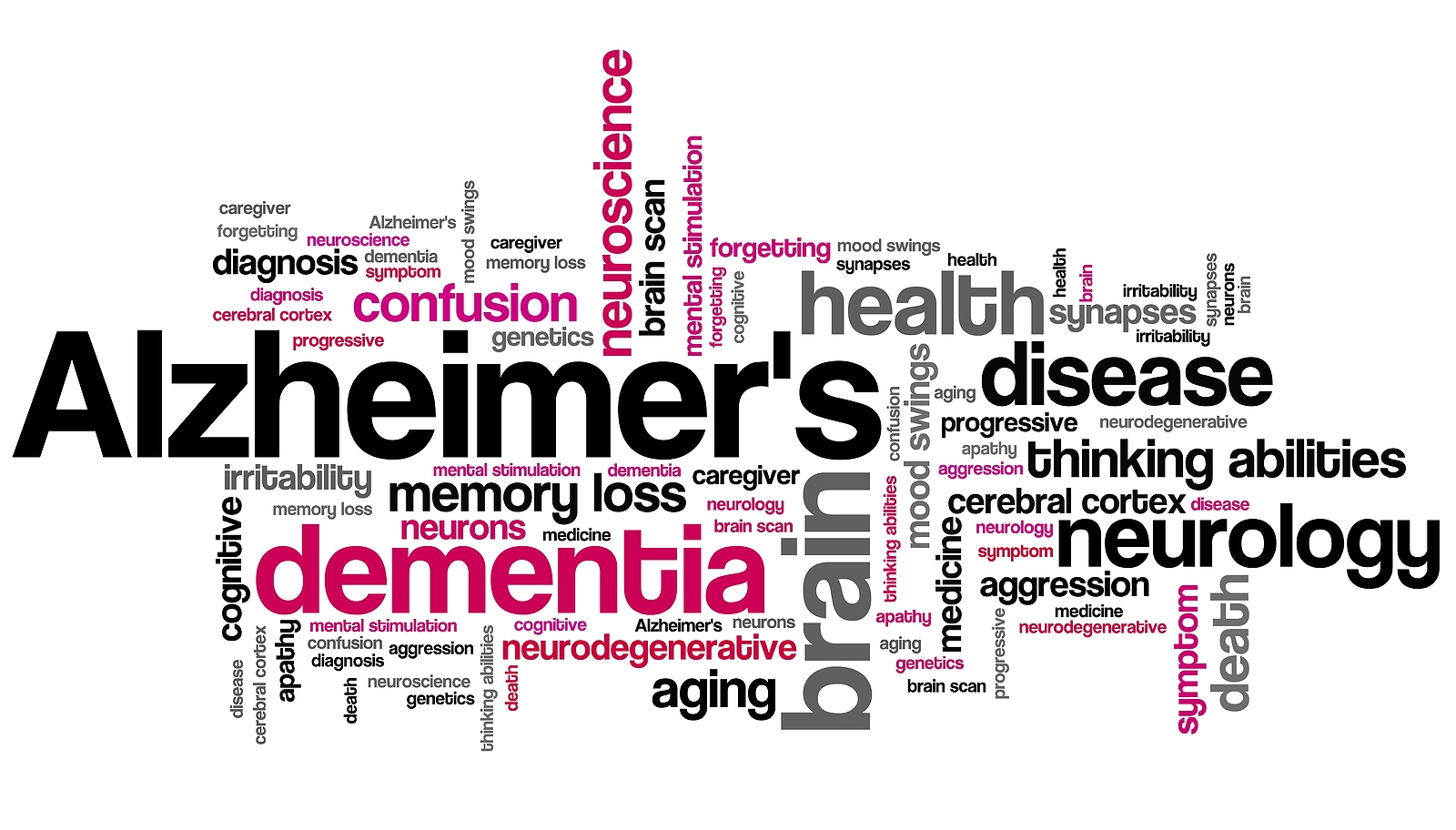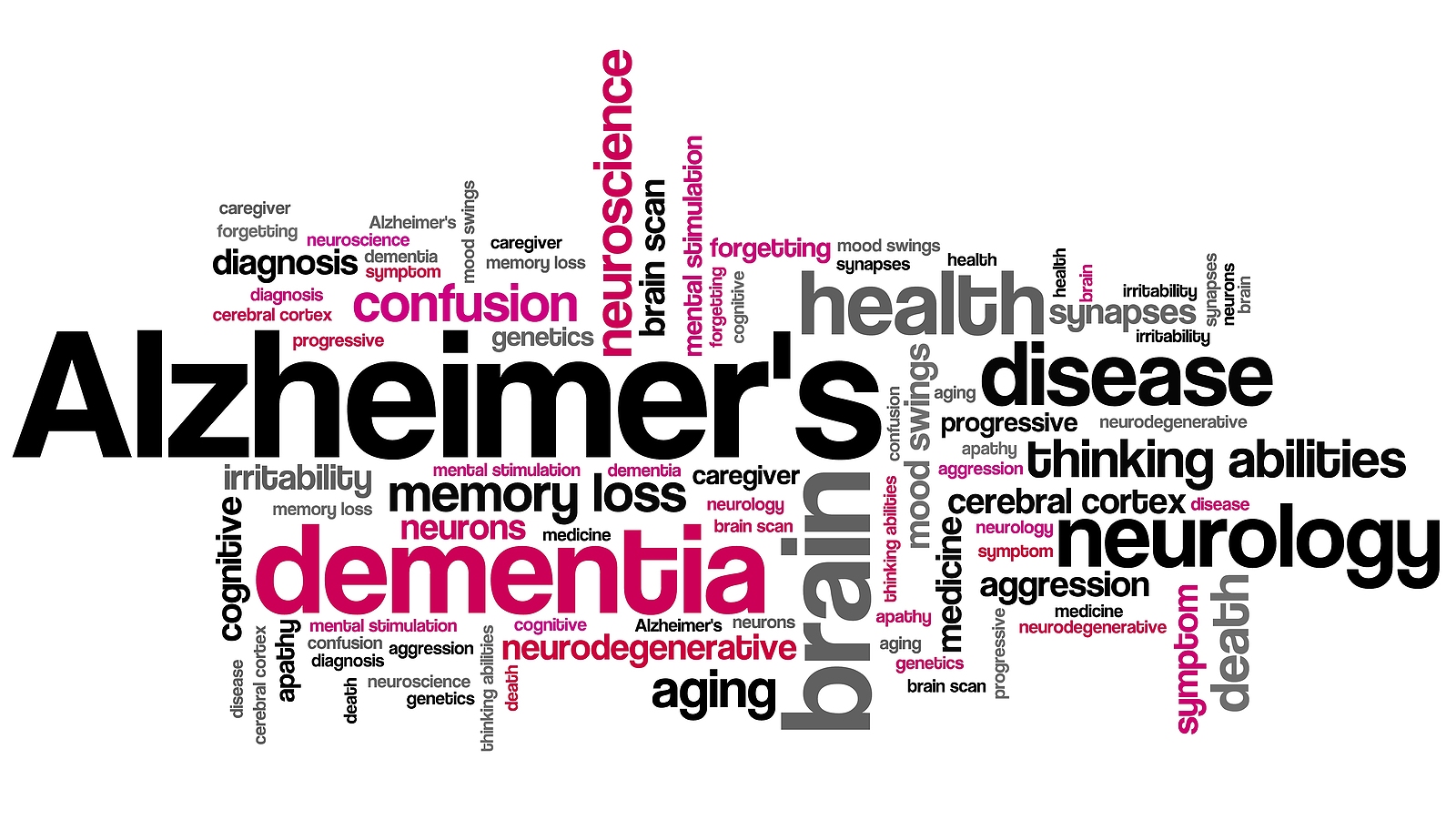Subtle Signs Your Loved One May Have Alzheimer’s

November is National Alzheimer’s Disease Month and it’s the perfect time to learn more about Alzheimer’s. Alzheimer’s is a progressive disease. While there is no cure for Alzheimer’s noticing the signs of Alzheimer’s in a senior loved one early on can help you and them take steps to slow down the progression. That’s why it’s important to be aware of some of the more subtle signs of Alzheimer’s and not just memory loss. Even though most people think of memory loss when they think of Alzheimer’s these symptoms and signs can also indicate Alzheimer’s disease:
Being Confused
If you notice that your senior loved one seems to be struggling to understand time or orient themselves in a place it could be an early sign of Alzheimer’s. For example, if you tell your senior parent that you are going to the store but you’ll be back in an hour and they are confused by what an hour means. Or if they don’t seem to recognize their own home and seem unsure of where they are. Occasional confusion is usually not a cause for concern, everyone gets confused periodically. But if you notice that more and more often your senior loved one seems unable to understand units of time or seems unsure of where they it’s time for your loved one to be evaluated by a doctor.
Trouble With Spatial Relations
You may notice that your senior loved one is starting to have trouble with spatial relations like judging the distance between pieces of furniture or while driving having trouble judging the distance between their car and other cars. They also may start to complain of vision problems and be unable to make sense of things that they are seeing. When that happens your senior loved one should not be driving and they should see a doctor. A personal care at home provider can be a big help to your senior loved one helping them get safely around the house if they are having trouble with spatial relations.
Poor Judgement
Poor judgement can mean many things but you will know it when you see it. If making poor decisions is out of their usual character you will notice, but you may not notice small things that could indicate a problem. Like opening the oven without wearing oven mitts, or leaving the refrigerator door open. A personal care at home provider can help you decide if your loved one needs to see a doctor by documenting ongoing or increasing bouts of poor judgement displayed by your senior loved one.
Irritability or Personality Changes
Everyone is irritable at some point. But if your senior loved one is normally very sweet and they start to be irritable and crabby or display other personality changes they need to see a doctor to be checked for Alzheimer’s disease. Mood and personality changes could also be the result of side effects of medication, depression, or other conditions but a doctor still needs to see your loved one to find out why they are experiencing those personality changes.
Source:
https://www.alz.org/alzheimers-dementia/10_signs
Subscribe
Date: November 19, 2021


